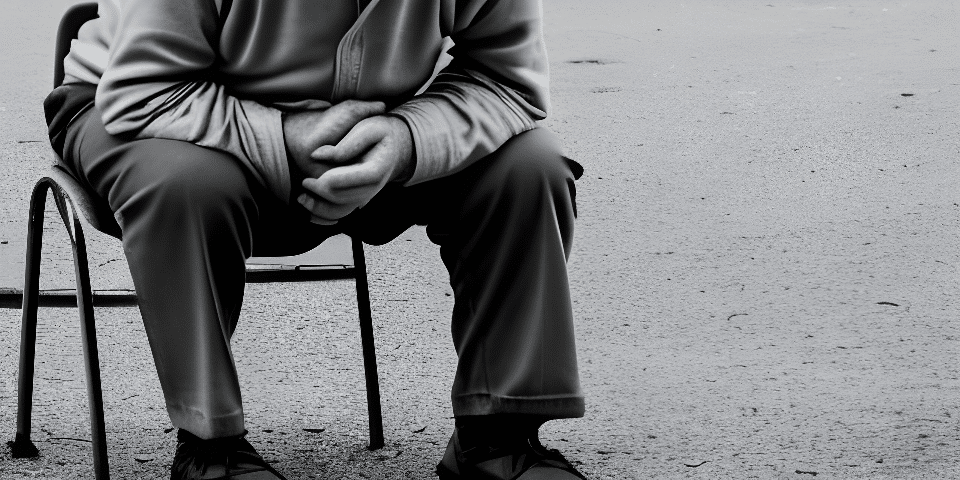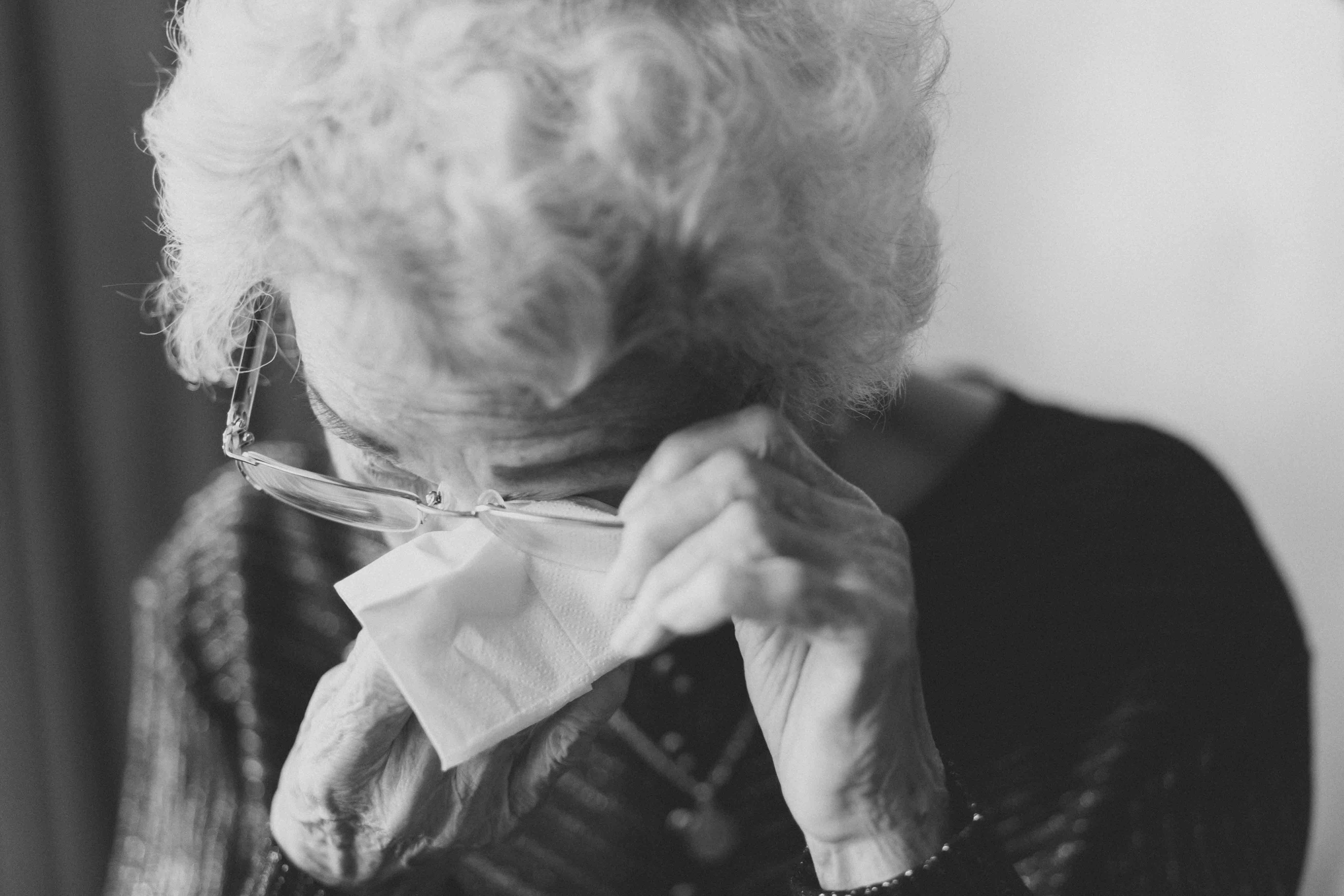Introduction
The loss of a loved one can leave an indelible mark on our hearts and souls. Grieving is a natural and necessary process, though it can be overwhelming and confusing. As a hospice care professional, I have helped countless individuals navigate their way through this difficult time. Here are some tips to help guide you through the first 30 days of bereavement.
- Allow yourself to grieve
It is essential to recognize that grief is a normal and natural response to loss. Give yourself permission to feel the pain and sadness that comes with it. Remember that there is no right or wrong way to grieve, and your grieving process is unique to you.
- Reach out for support
During this challenging time, it’s important to lean on your support network. Family, friends, or co-workers can be there for you when you need a shoulder to cry on or someone to talk to about your feelings. You may also consider joining a local or online bereavement support group. Contact your hospice bereavement coordinator for a list of local resources for groups.
- Establish a daily routine
In the midst of grief, it can be helpful to maintain a sense of normalcy by sticking to a daily routine. This can provide structure and stability during a time when everything may feel out of control. Keep up with regular activities such as eating, sleeping, and exercising, even if it’s in a limited capacity.
- Honor your loved one’s memory
Find ways to remember your loved one and keep their memory alive. This can include creating a memory box with their belongings, writing letters to them, or engaging in activities they enjoyed. It can be comforting to feel connected to your loved one, even after their passing.
- Give yourself a break
It’s important to be gentle with yourself during this time. Allow yourself to rest when needed, and don’t force yourself to do anything that feels too emotionally taxing. Remember that healing takes time, and it’s okay to need a break from the emotional intensity of grieving. Everyone is different and everyone experiences emotions differently.
- Seek professional help if needed
If you find that your grief is too overwhelming to manage alone, don’t hesitate to seek the help of a professional therapist or counselor. They can provide guidance and support to help you navigate your emotions and begin the healing process. Again, you can reach out to your hospice bereavement coordinator for options.
- Journal your feelings
Writing about your emotions can be a therapeutic way to process your grief. Consider keeping a journal where you can express your thoughts and feelings without judgment. This can help you track your progress and better understand your emotional state.
- Avoid making major decisions
The first 30 days of bereavement can be an emotional roller coaster, so it’s important to avoid making any significant decisions during this time. If possible, wait until you feel more stable and clear-headed before making life-altering choices like moving, changing jobs, etc.
- Take care of your physical health
Grieving can take a toll on your physical health, so it’s important to prioritize self-care. Eat nourishing meals, get enough sleep, and exercise when possible. Taking care of your body can help support your emotional well-being.
- Be patient with yourself
Healing from loss is a journey, and it takes time. Allow yourself to grieve at your own pace, and don’t compare your progress to others. Remember that it’s okay to feel a wide range of emotions during this process, and be patient with yourself as you heal.
Conclusion
The first 30 days of bereavement can be an incredibly challenging time, but with the right support and self-care, you can begin to navigate your grief and find a way forward. Remember, it’s important to honor your emotions and give yourself the time and space you need to heal.








[…] Navigating Grief: 10 Tips for the First 30 Days […]